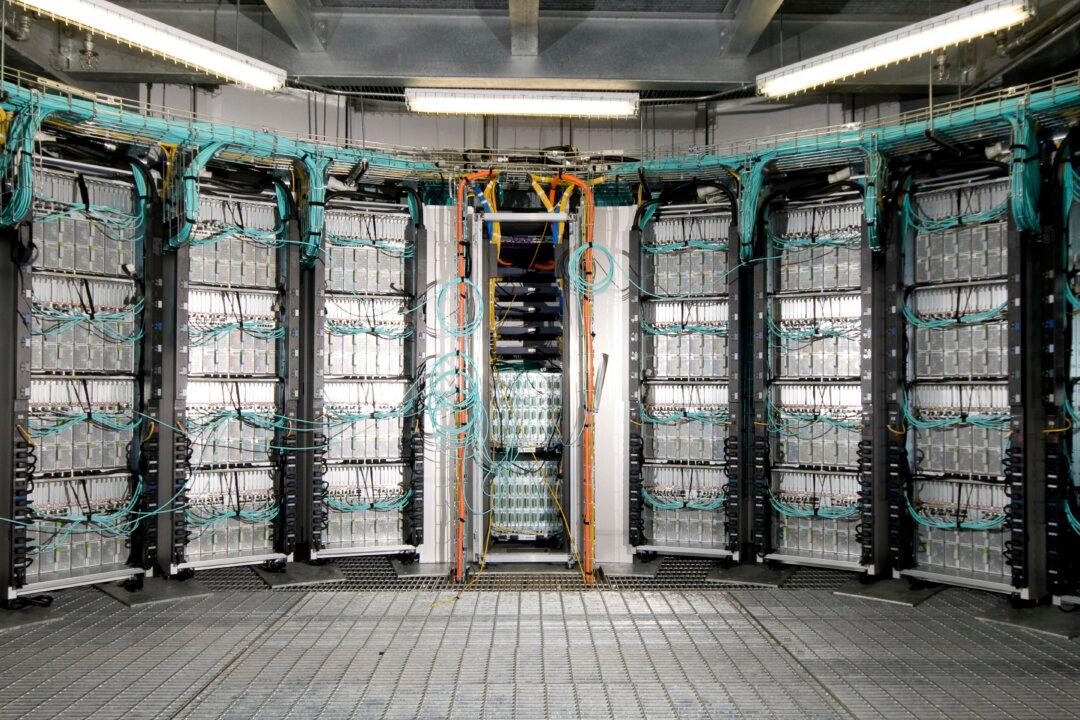What better way to fight cyberattacks, than to give the computer a mind of its own, and let it defend itself? Walter O'Brien, executive producer of the CBS hit show “Scorpion” and CEO of Scorpion Computer Services, said this is not only possible, but may be the solution this country needs to stop state-run cyberattacks.
“I believe that you can actually make the system secure,” O‘Brien said, in a phone interview. “The reason you can’t make it secure is what we call the ’darn human problem.'”
O'Brien calls the new system “The Scorpion Private Cloud.” He presented it in October 2015 at the Northeast Indiana Defense Industry Association Mega Conference, and detailed its design in a July 2015 white paper.
“My solution is all about artificial intelligence,” O'Brien said, noting he sees this as the inevitable path cybersecurity will take.
The problem is that no matter how secure a network is, as long as it’s being administered by people, there will always be a risk. He said with the new system, “It goes beyond human, and gives you 100 percent coverage.”
The design isn’t science fiction either. According to O'Brien, “It’s math, not magic.”
The Digital Vault
The overall reasoning for such a system is simple, and in his white paper O'Brien gives a couple analogies.
He noted that when it comes to money, not everyone can afford to build a private vault. So instead of hiding our cash under our mattresses or in tin cans in the backyard, we have banks to keep our finances secure.






